EDITORIAL
Published on 18 May 2022
Editorial: Natriuretic Peptides in Cardiovascular Pathophysiology
doi 10.3389/fphys.2022.890158
- 910 views
13k
Total downloads
59k
Total views and downloads
Select the journal/section where you want your idea to be submitted:
EDITORIAL
Published on 18 May 2022
ORIGINAL RESEARCH
Published on 11 Feb 2022
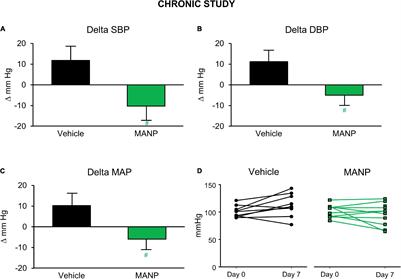
ORIGINAL RESEARCH
Published on 18 Oct 2021
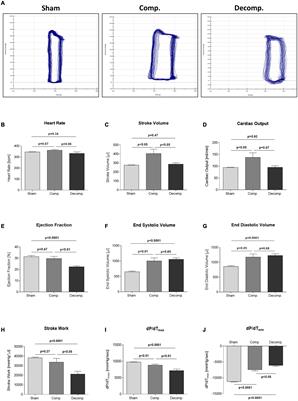
REVIEW
Published on 13 Oct 2021

REVIEW
Published on 23 Aug 2021
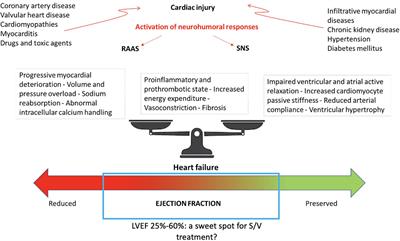
REVIEW
Published on 19 Aug 2021
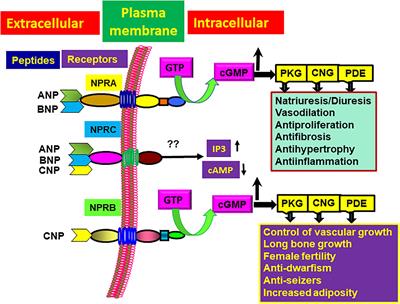
REVIEW
Published on 16 Jul 2021
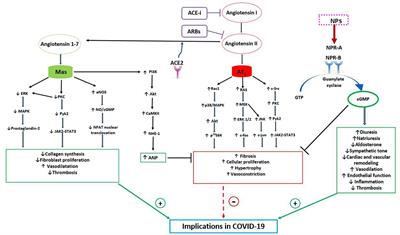
REVIEW
Published on 08 Jul 2021
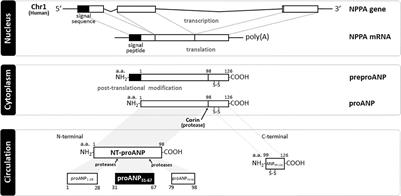
MINI REVIEW
Published on 28 May 2021
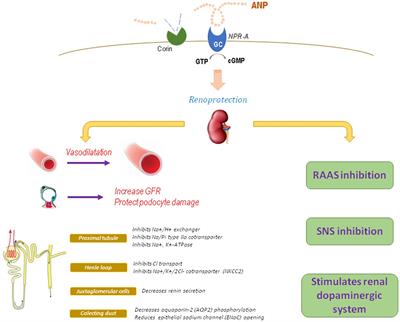
ORIGINAL RESEARCH
Published on 25 May 2021
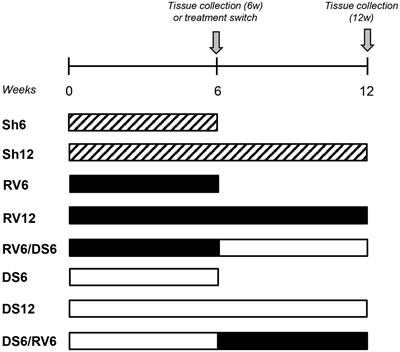
REVIEW
Published on 21 May 2021
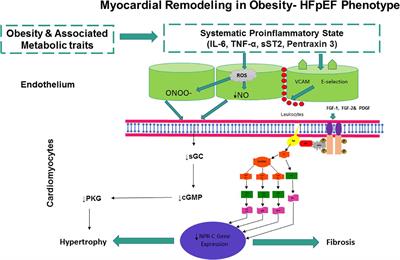
MINI REVIEW
Published on 18 Mar 2021
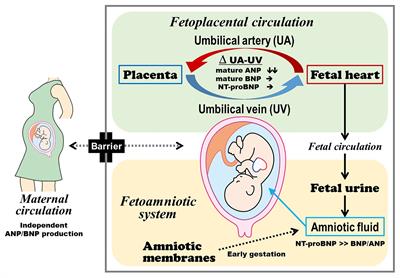

Frontiers in Cell and Developmental Biology
Frontiers in Genetics
Frontiers in Pharmacology